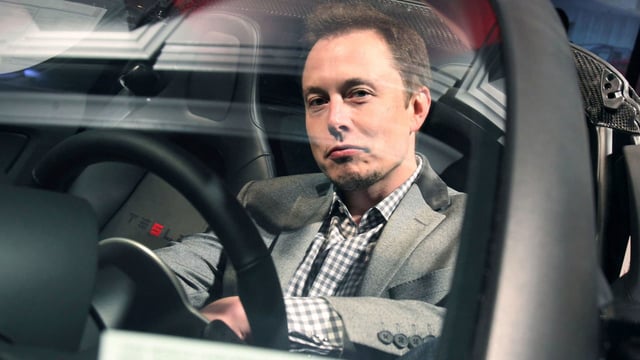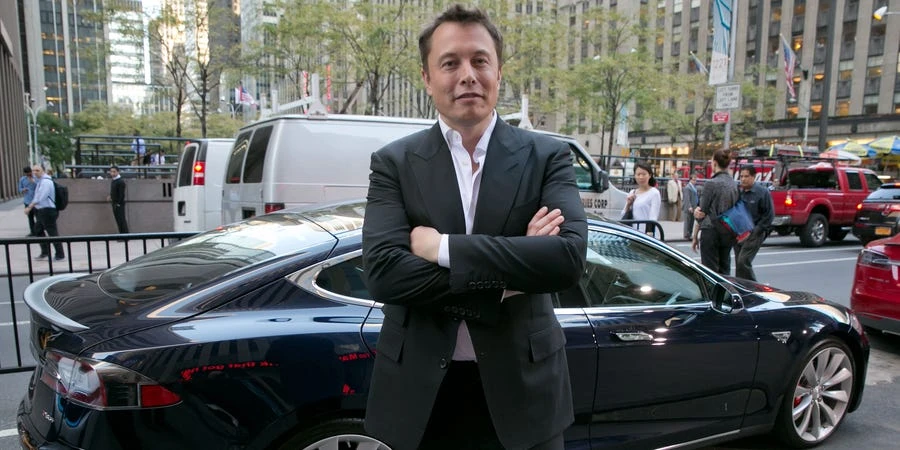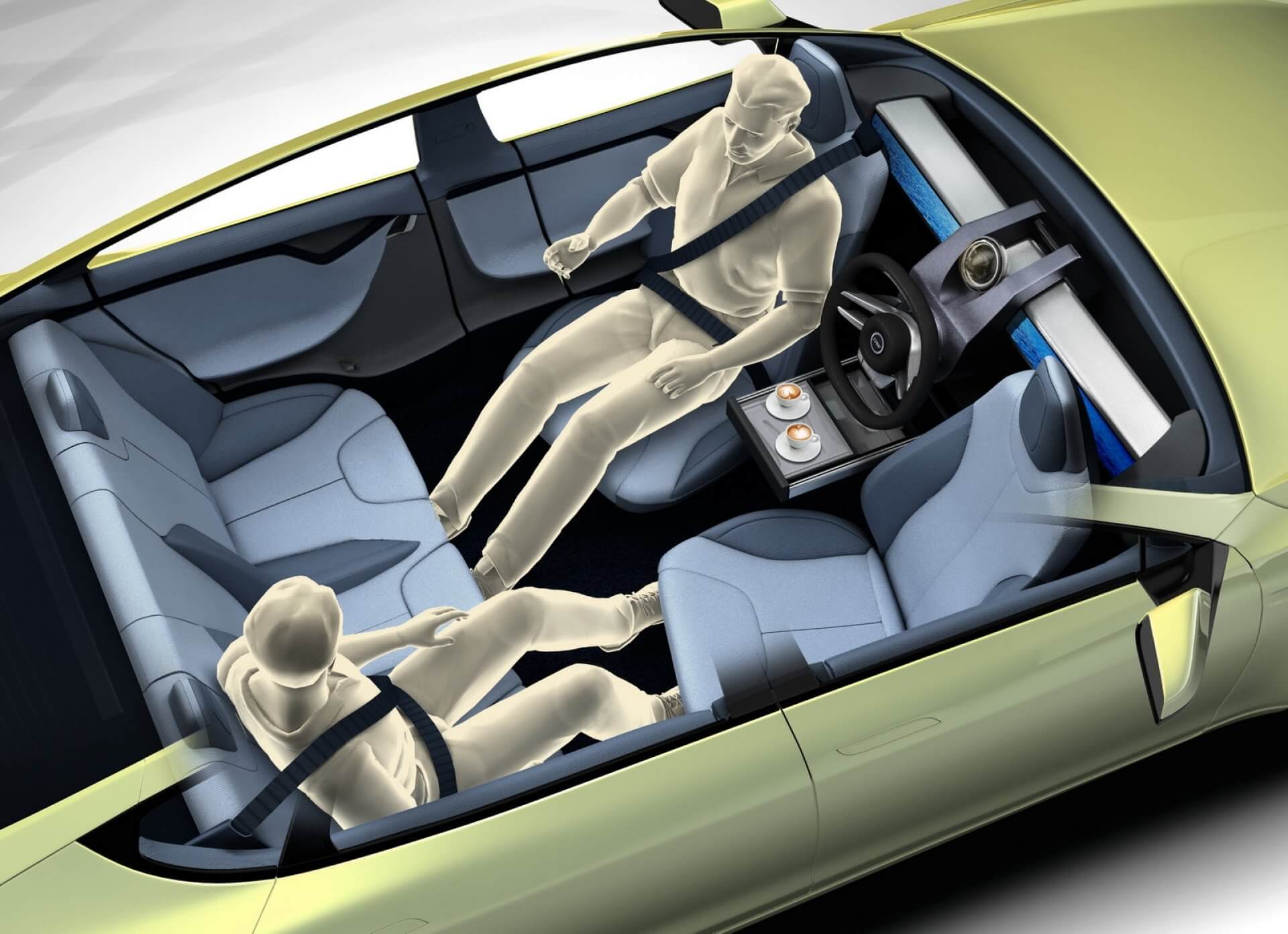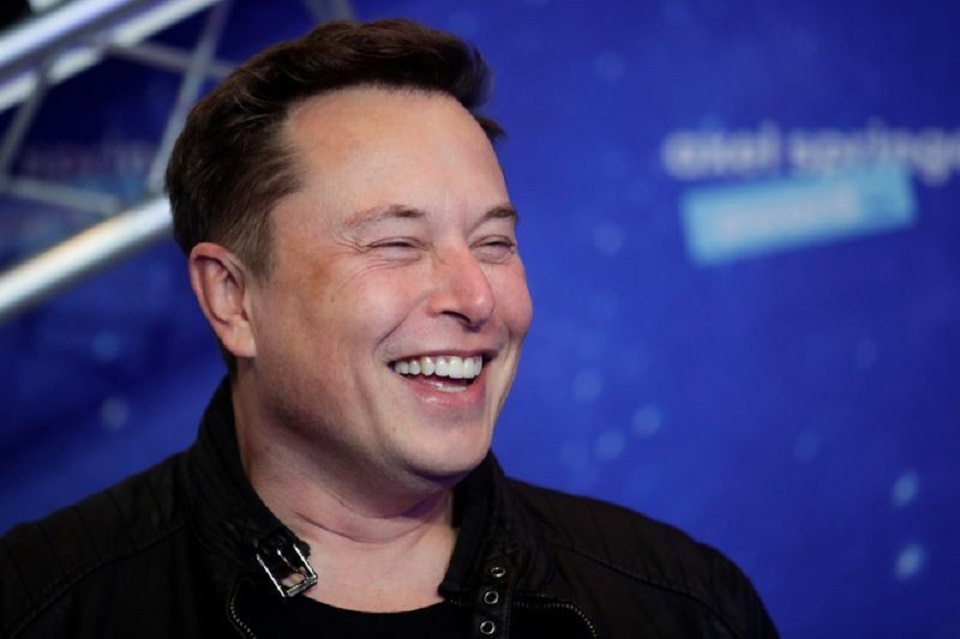Elon Musk, CEO of Tesla, has made yet another bold prediction about the future of autonomous driving. In a recent announcement, Musk revealed that Tesla’s cars are expected to reach a milestone in self-driving technology by next year. He stated that the vehicles will be capable of autonomous operation 90% of the time, marking a significant advancement in Tesla’s quest for full self-driving (FSD) capabilities.

This announcement builds on years of Tesla’s innovations in artificial intelligence, machine learning, and advanced driver-assistance systems. Tesla’s Autopilot and Full Self-Driving Beta software have undergone extensive development and testing, gradually increasing their capabilities on the road. According to Musk, the upcoming breakthrough will allow Tesla vehicles to handle most driving scenarios—from highway cruising to navigating urban streets—with minimal human intervention.

Musk’s statement underscores Tesla’s ambition to lead the autonomous vehicle industry, but it also comes with challenges. While Tesla has consistently pushed the boundaries of automotive technology, achieving 90% autonomy will require rigorous testing, safety validation, and regulatory approval across multiple regions. Critics have often pointed out the complexities of self-driving in diverse road conditions, emphasizing the need for caution to ensure passenger and pedestrian safety.

If Tesla delivers on this promise, it could revolutionize the transportation industry, reducing road accidents and improving accessibility for those unable to drive. It would also solidify Tesla’s position as a frontrunner in the race toward fully autonomous vehicles.

As Tesla works toward this ambitious goal, the world will be watching closely to see if Musk’s vision for the future of self-driving becomes a reality. Whether it’s a step closer to eliminating the need for human drivers or simply another chapter in Tesla’s innovative journey, the prospect of 90% self-driving cars is sure to generate excitement and debate in equal measure.